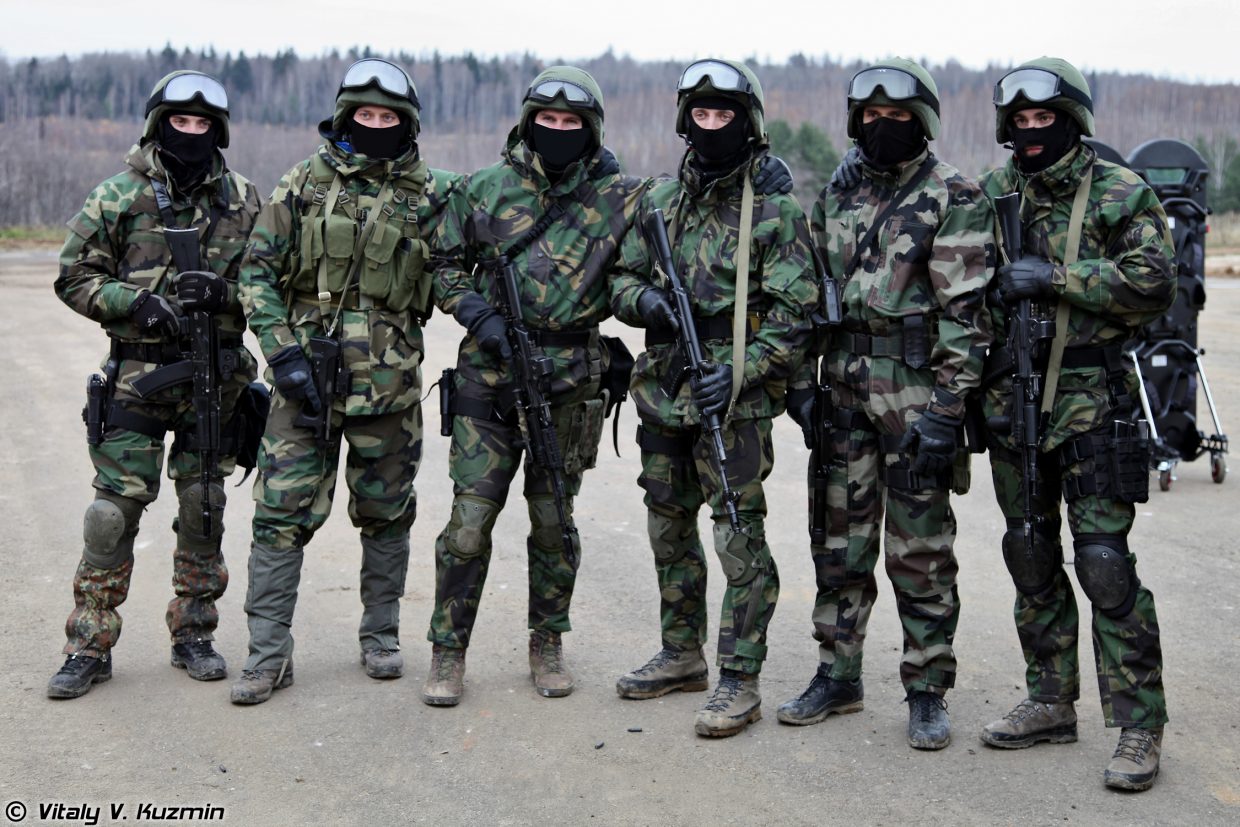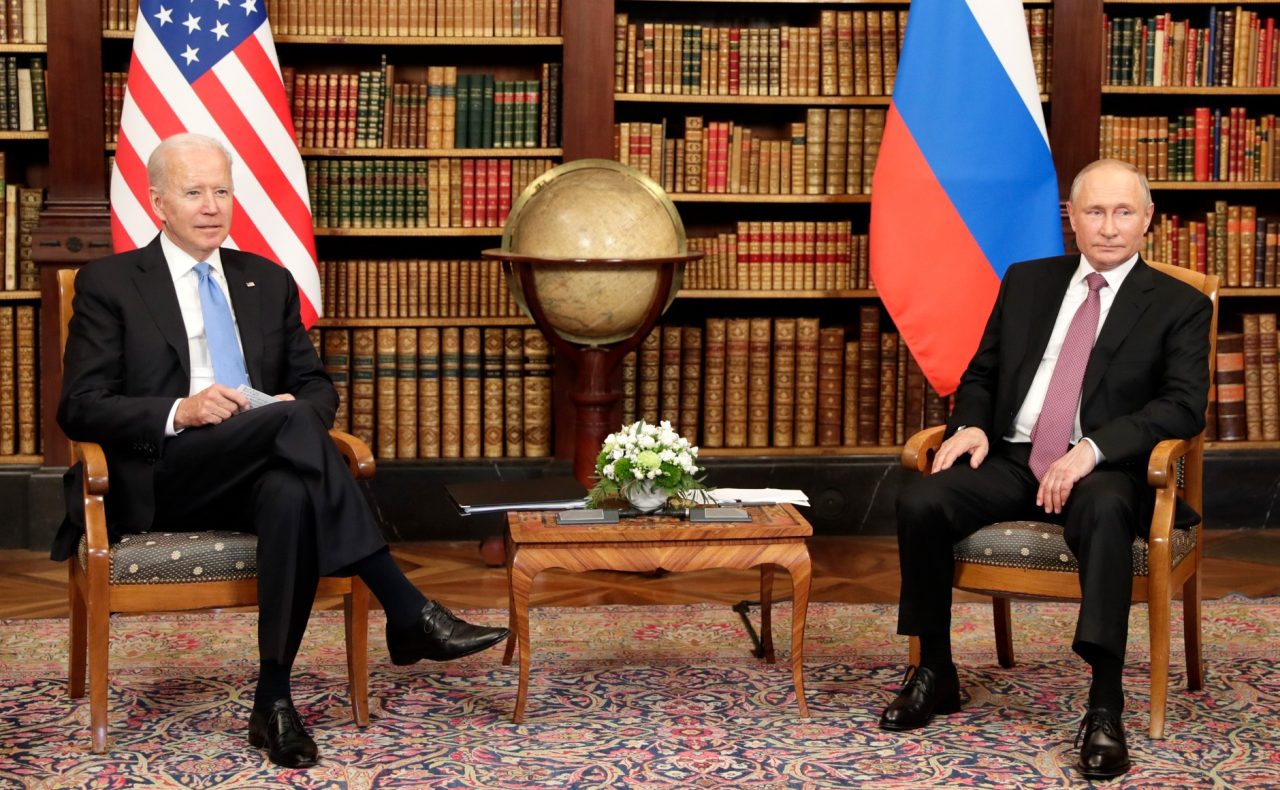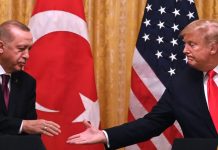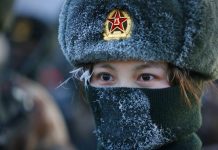Ukrainian Foreign Minister Dmytro Kuleba said on Monday that the Ukrainian military did not attack the self-proclaimed Donetsk and Luhansk republics, did not send soldiers aboard combat vehicles to the breakaway region and did not shell Russia.
“No, Ukraine did not: attack Donetsk or Luhansk, send saboteurs or APCs [armored personnel carriers] over the Russian border, shell Russian territory, shell Russian border crossing, conduct acts of sabotage. Ukraine also does not plan any such actions. Russia, stop your fake-producing factory now,” Kuleba posted on Twitter.
Anton Herashchenko, an adviser to the Ukrainian interior minister also called the information about the violation of the Russian border by two Ukrainian infantry combat vehicles fake.
Earlier in the day, the press office of the Russian Southern Military District said that two Ukrainian infantry combat vehicles, attempting to cross the Russian border in order to evacuate Ukrainian saboteurs, were destroyed by the Russian troops. During the shootout, five Ukrainian troops were killed, the office said.
“Five infiltrators from a sabotage and reconnaissance group that violated the Russian border were eliminated during hostilities,” the statement read. Russian troops and border guards of the Russian Federal Security Service were not injured during the shootout, the office said.
“I strongly dismiss the fake Russian propaganda that five Ukrainian saboteurs and two infantry combat vehicles attacked the Russian border guard post and were destroyed. Not a single one of our soldiers crossed the border and not a single one has been killed today,” Herashchenko said.
Budapest Memorandum
Ukrainian President Volodymyr Zelenskyy’s reference to the Budapest Memorandum on Security Assurances at the Munich Security Conference is nothing more than a desperate attempt to pressure Western countries to extend help to Ukraine, Nina Bachkatov, a political scientist at the University of Liege in Belgium, told Sputnik.

On Saturday, Zelenskyy said during the annual international security conference that he intends to launch negotiations involving parties to the December 1994 memorandum – Russia, the United States, and the United Kingdom.
Under the treaty, Ukraine agreed to abandon nuclear weapons remaining on its territory after the Soviet Union’s breakdown in exchange for security guarantees from the other three signatories. According to Zelenskyy, if the negotiations do not happen, Ukraine will have the right to consider the memorandum ineffective.
“The declaration by president Zelenskyy at the Munich Security Conference is a desperate effort to exert pressure on Kiev’s Western allies to come to the rescue if Russia invades Ukraine,” Bachkatov said.
Zelenskyy and his government demonstrated a lack of professionalism by making “contradictory statements,” including the appeal on the memorandum which “peters out even before any analysis,” the expert argued.
In addition, Zelenskyy’s move is not the first time that Ukraine tries to trigger the Budapest Memorandum, the expert went on, citing remarks by former Ukrainian President Petro Poroshenko about Kiev’s alleged sacrifice of its nuclear capability by deploying equipment stationed in Ukraine to Russia. Ukraine was reimbursed the price of weapons and their transportation.
Bachkatov described Ukraine’s decision to give up nuclear arms in 1994 as a good example of the application of nuclear non-proliferation but stressed that the document is not legally binding for any signatory and none of the US administrations made a military commitment to Ukraine.
“This is official, so Zelenskyy’s declaration in Munich, ‘putting the memorandum into question’ does not really mean anything… The Memorandum does not provide any guarantee of intervention,” she noted.
The expert recalled recent statements of Western nations on Russia’s alleged plans to invade Ukraine, noting that despite advancing accusations, the West insists that it will not intervene in Ukraine in the event of the Russian attack.

“They have already voiced their protest in 2014 on the Crimea issue without any intervention,” the expert said.
She cited the reunification of Crimea with Russia as a result of a referendum, which the West condemned on par with Ukraine but refrained from interfering beyond economic sanctions.
“I don’t believe there will be any geopolitical consequences. The memorandum of 1994, 28 years ago, is the past and cannot be resuscitated. At the time, it was a successful effort to avoid creating a second Yugoslavia, after the fall of the Soviet Union. The context has completely changed,” Bachkatov concluded.
Tensions around Ukraine have escalated in recent months, with Western countries threatening Russia with sanctions if it attacks Ukraine. Moscow has consistently denied having any intention of attacking Ukraine and expressed concern about NATO’s activities in Eastern Europe close to Russian borders.
- Via Sputnik News Agency
- Follow EurAsian Times on Google News




